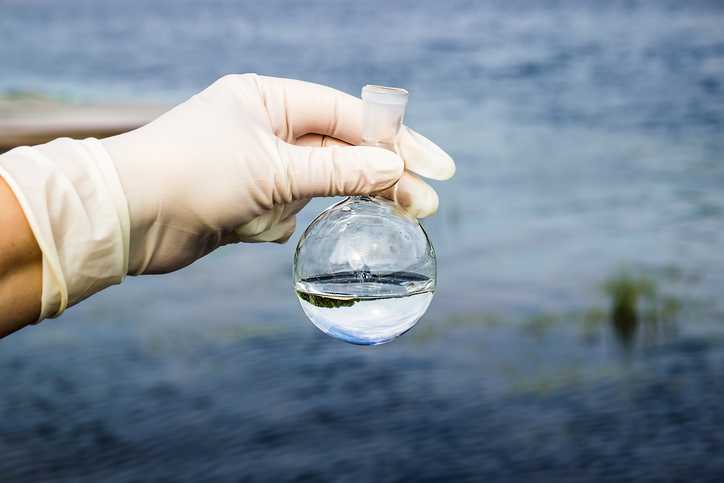Why You Need An Environmental Testing Lab Partner
Pollutants and environmental toxins on your property can trigger regulatory fines and endanger people’s health. Moreover, litigation resulting from environmental hazards can be protracted and costly.
Thus, if your properties face even a remote likelihood of contact with environmental hazards, you need experts to help you understand what you’re up against. An environmental testing lab is a crucial partner in figuring that out.
Pollutants are political. Environmental regulations shift constantly in reaction to news events and evolving scientific perspectives on the health risks of toxins. States and localities add their own rules on top of complex and arcane federal laws.
Keeping your organization within the boundaries of these regulations requires substantial expertise in chemistry, geology, statistics, and many other disciplines.
CTL Engineering’s testing laboratory helps our clients make sense of acronyms such as:
- NPDES — National Pollutant Discharge Elimination System
- TCLP — Toxic Characteristic Leaching Procedure
- UST — Underground Storage Tanks
Key activities of CTL environmental labs
Here’s a quick overview of the work done by our lab-testing professionals:
Regulatory compliance. The environmental site assessment (ESA) is the pillar of environmental compliance. It is done in three phases to identify toxins and mitigate the hazards the tests discover. We test air, water, wastewater, and soil to see if they comply with the standards of the Environmental Protection Agency (EPA) and other regulators.
A proper ESA means more than testing in a laboratory. It also requires substantial skill in combing through documentation to find declarations of chemical hazards.
Lead-based pollutant surveys. We test for lead in the most common places like paint and plumbing. But lead also poses threats in toys and other places you’d never expect. Decades of experience help us find lead where others might miss it.
Priority Pollutants. Our labs look for dangerous hazards in waste and wastewater regulated under the Clean Water Act. The EPA calls them Priority Pollutants and provides guidance on dealing with them. These include pesticide residues and heavy metals. Here’s the EPA’s current list.
If your organization suffers a release or spill of Priority Pollutants, you need to understand the scope of the danger. Our chemists help clarify these issues. We also help organizations prepare Total Toxic Organic (TTO) programs to monitor hazards on their properties.
RoHS. The Restriction of Hazardous Substances (RoHS) directive applies to products sold in the European Union, particularly toxins in electronics products. Our product-compliance and materials testing helps manufacturers, distributors, and exporters comply with RoHS rules.
Building evaluations. Our laboratories can determine the severity of asbestos hazards that often crop up during renovation projects. We also can assess indoor air quality, test for mold infestation, and provide guidance on remediation.
Water testing. One of the most-feared hazards is the contamination of water supplies. We check wells and soils near the sites of chemical spills and industrial activity for evidence of Priority Pollutants and other chemical compounds. We also help clients remediate soil and groundwater pollution.
Geophysical surveys. These tests help clients understand the key characteristics of soil, sediments, and bedrock. For instance, we conduct soil resistance testing to help utility companies and manufacturers determine if a site’s soils are well-suited to grounding electrical current. Soil resistance testing can also help pipeline companies assess corrosion risks.
Hydrogeologic services. Our staff supervises soil borings to evaluate groundwater and investigate the sources of pollutants. We also perform groundwater mapping and modeling to help clients develop stormwater pollution prevention plans.
Waste management services. We help clients figure out how to dispose of wastes, both toxic and non-toxic. Lab tests help us characterize the chemical composition of wastes to ensure they get disposed of properly. Effluent sampling and analysis help companies determine if industrial processes are leaking illegal toxins into their wastewater.
Experience matters in environmental lab testing
CTL has been helping clients deal with environmental risks for decades. We’ve completed thousands of projects of varied complexities in which our diverse expertise in the field has saved clients from future headaches, fines, and potential litigation for non-compliance with environmental standards.
Contact us today to learn how our experts can give you an edge in environmental compliance and risk management.

